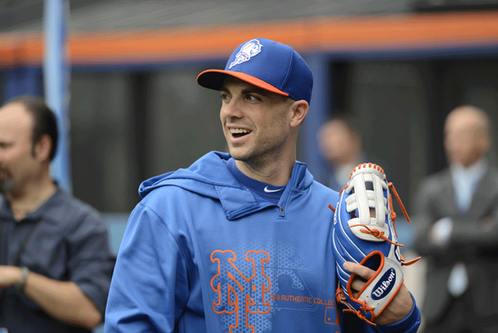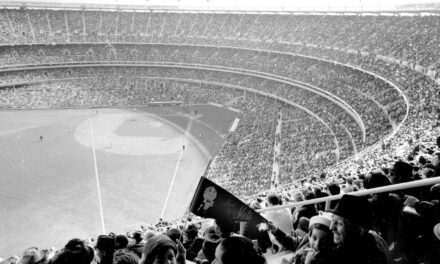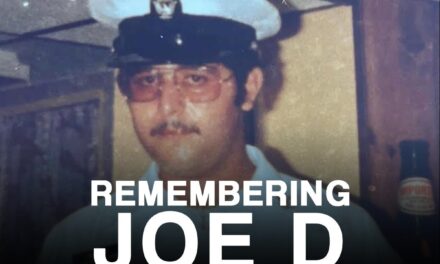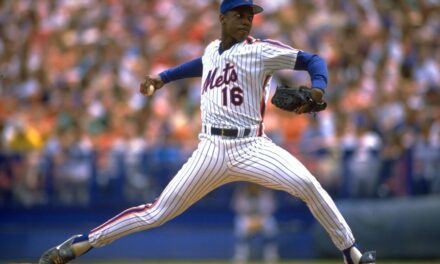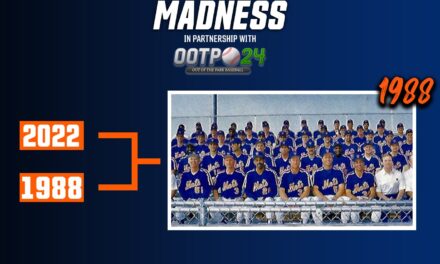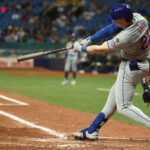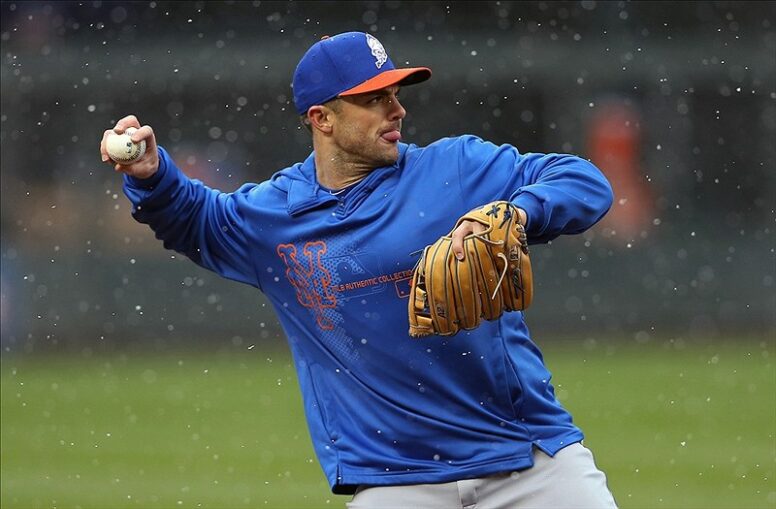
Honestly, will enough time ever pass for the New York Mets’ 2007 collapse to not sting? Probably not, but with the benefit of time passing — along with two postseason appearances and one National League pennant — it’s a little easier to look back on in order to talk about some aspects of that particular campaign.
Just a smidge, though. It still sucks, but I’m not here to focus on the negative. I want to focus on one of the few brights spots from that disastrous final stretch of regular-season play: David Wright.
While I went down the rabbit hole of John Olerud‘s Mets career earlier this week, I was reminded that the 8.4 fWAR Wright produced in 2007 was not only the best single-season output of his career, but it was also the best in franchise history for position players. It was part of the early run of his career that arguably had him on a Hall of Fame trajectory before injuries started derailing everything.
The cumulative stats are impressive enough in their own right — through 711 plate appearances, Wright slashed .325/.416/.546 with 30 home runs, 107 RBI, 113 runs scored, and 34 stolen bases, all of which sussed out to a 151 wRC+. These efforts yielded the Captain with his second of five consecutive All-Star Game appearances, a Gold Glove award, a Silver Slugger, and a fourth-place finish in NL MVP voting. This was also the second of three straight years were he landed in the top-10 for MVP voting, with his 2007 finish being the highest of his career.
In my eyes, the most impressive aspect of his season was how he progressed from month to month. As the division and a postseason appearance continually slipped from the Mets’ grasp with each passing day in the late summer and early fall, it’s easy to forget that Wright’s performance continually got better. Here’s a quick look at how his offensive numbers progressed with each month in 2007:

Outside of a slow start, every single month featured impressive output from the then-24-year-old, but it’s what he did in August and September that truly stands out.
If we put those two months of stats together into one, everything understandably jumps off the page. He slashed .372/.474/.628 with 12 homers, 41 RBI, and 49 runs scored, which led to a 187 wRC+ (the fifth-best mark among qualified hitters during this period of time). Just about half of Wright’s fWAR (4.0) was accumulated over the season’s final two months, which was easily the most in baseball. Alex Rodriguez — the American League MVP winner in 2007 — came in second behind his fellow New York third baseman with 3.7 fWAR of his own.
Furthermore, Wright’s batting average (second-best), on-base percentage (the best), slugging percentage (10th-best), and walk rate (ninth-best) were all among the top-10 qualified hitters during this period of time.
A lot of things went wrong for the Mets as things crumbled to the ground during the regular season’s final weeks, but as he so often was during his time as a player, Wright led the way as a stabilizing force out on the field. Obviously, though, it wasn’t enough to carry the Mets back into October, which is a theme that revealed itself all too often during Wright’s playing career.
He followed up that career year with his second-best year as a big leaguer when using fWAR as the determining factor, as he was worth 7.0 fWAR through 736 plate appearances and 160 games played. Of course, we all know that the Mets ended up having the same results as the year prior — falling one game short of qualifying for the postseason. While his monthly wRC+ breakdown wasn’t as pronounced as 2007, Wright did once again save his best work for the second half. Between April and September, his monthly wRC+ looked like this: 149, 137, 103, 164, 145, 162.
The purpose of this article wasn’t necessarily to bring up rough memories that some of us try and stuff down as much as possible. If I did that, then I’m sorry. There have been lots of words and articles over the past couple years dedicated to just how great David Wright was to the Mets. However, I can find no better example than these two years, and especially the 2007 collapse. When everything seemed to be crashing down around him, he not only stood his ground, but he also rose to the occasion even more than he had been doing previously.
That’s the true sign of a great leader, and it’s unfortunate Wright wasn’t able to experience the amount of team success he deserved during his days manning the hot corner in Queens.


